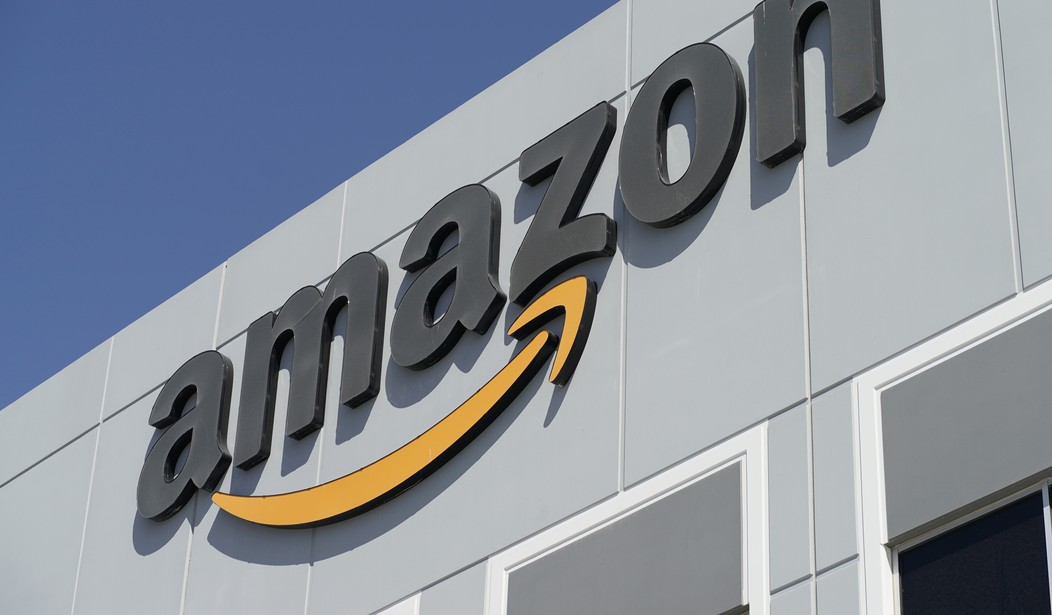Progressives, and some conservatives, fail to recognize in some cases bigger is better for the consumer. They fail to understand that increasing government regulation and oversight only serves to increase compliance costs -which the big companies can afford - and crowd out smaller upstarts.
Attacks on ‘Big Tech’ from both sides of the aisle are misguided because government intervention will create inefficiency, higher costs, and inferior service. For those conservatives keen to the idea of blasting ‘Big Tech’ for the treatment of like-minded individuals, I understand your position, but joining the current push by the far left in Congress to impose expanded antitrust regulations is anti-consumer and misguided.
A quick look at history is instructive. When Alexander Graham Bell patented his telephone, it was basically worthless. What good is a telephone, after all, when nobody else has one? The value of a telephone is not actually in the device but in the network. By getting more people connected, the value goes up. The bigger the network, the better experience and value for the consumer.
Bell’s initial patent expired in 1894, which permitted competition in the phone service sector. That sounds good, as competition often drives down prices. In this case, however, it had the opposite effect – competing small companies set up networks with limited participants which couldn’t communicate with each other. Businesses had to pay each different service, because they couldn’t know which one customers would use.
To solve that problem, in 1913, the federal government agreed to allow the Bell System to expand if it sold its’ stock in a competitor. “AT&T became a sanctioned monopoly,” David Goldman writes, “a status it enjoyed for the next seven decades.” In this case, the federal government made the right decision. Permitting smaller networks to form a big network was useful to everyone, as it allowed economies of scale.
Recommended
Economies of scale are still vital in the technology business today, and they are happening organically, with no government intervention necessary.
People use a social networking site, or a shopping site, or a search engine because many other people are also using it for a variety of different reasons. Having more people means having more value. However, it is crucial to note that no technology company can ever enjoy a monopoly the way that AT&T once did, because there is always another innovation competing to grab customers and market share. Tech companies must create the next great thing, or they will be marginalized by a competitor that does. That’s why they pour so much effort and investment into research and development.
The federal government, on the other hand, doesn’t do this very well. Many people have recently visited Treasury.gov to purchase a savings bond that pays an astounding 10 percent interest. It’s a great deal. But the Treasury website looks as if it was designed in the mid-1990s by a teenager with a GeoCities account. The federal government is great at borrowing money; it is lousy at adapting to new technology and incorporating design to enhance customer satisfaction.
But now, lawmakers are taking steps to allow the internet geniuses who rolled out healthcare.gov in 2014 – which launched as a disaster - to regulate technology companies.
Senator, and former Presidential candidate, Amy Klobuchar of Minnesota is leading the progressive charge on this effort with her bill S.2992. CNBC writes that, “The American Innovation and Choice Online Act would prohibit dominant tech platforms from what its sponsors believe amounts to unfairly ranking their services above those of rivals.” How scientific. If enough Senators think your shopping service or your search engine algorithm is treating certain users “unfairly,” they will use the overwhelming power of the federal government to “fix” it.
Senators are racing to pass the bill, because, as CNBC explains, they apparently fear that “if congressional leadership doesn’t usher it through before the midterms, or at least the end of the year, it could die.” Despite the underlying fundamental issues with the legislation, there are some Republicans who have been drawn to this bill because of a distaste for ‘Big Tech’ and a desire to shift the party away from free market ideals towards populism.
Senators supporting this bill are racing toward a bad idea because they don’t grasp the tech landscape – which exists in a universe far apart from typical government – both in speed and innovation. Bureaucracies live forever, while tech companies are always fighting to avoid a quick economic demise.
If a tech company fails to innovate or people decide their products are inferior, it will go out of business. Many people, including me, still miss their BlackBerry, but that product failed because most people moved on to a better product and BlackBerry no longer had a technological advantage.
This happens over and over. Try contacting your buddies from college on Friendster or Yahoo Messenger. Those services either stopped existing or are shells of their former selves, because people stopped using them, and they went into a death spiral. The same threat faces every technology company every day. It is only as good as its number of users. If people start logging off, today’s tech giant could be tomorrow’s 404 out of service.
Competition for market share is driving the innovation and the consumer satisfaction. Federal intervention isn’t necessary, and would only help politicians, not tech users.
Peter Mihalick is former legislative director and counsel to former Reps. Barbara Comstock, Virginia Republican, and Rodney Blum, Iowa Republican.

























Join the conversation as a VIP Member